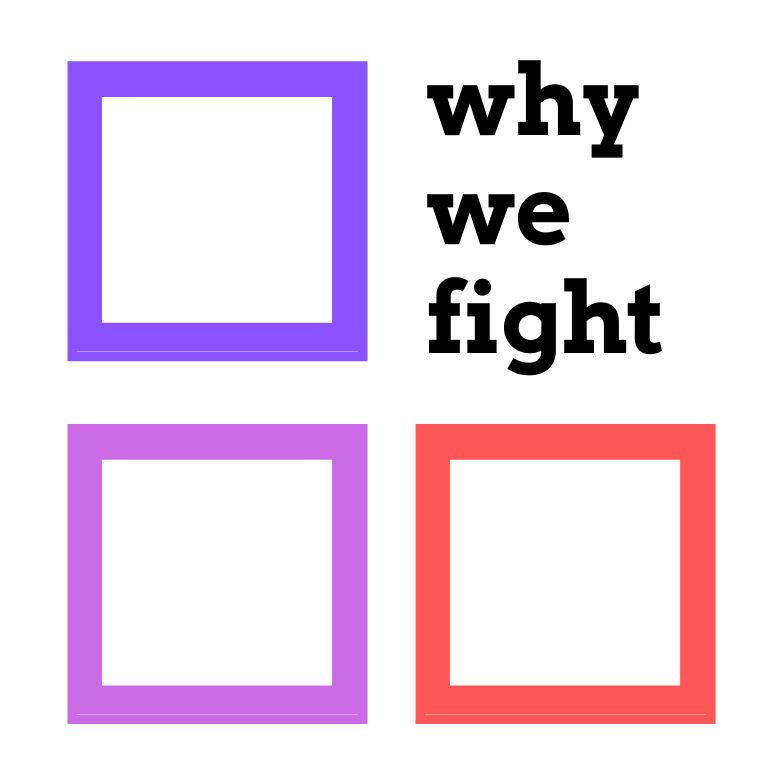Chara

⏱ 3'
I remember as a child, even though I was a girl, I wanted to like the "boyish" things and I tried to reject my more "girlish" aspects because the boys were "cool" while the girls were uncool. I don't think anyone ever told me that "boys are better than girls”; but this was well inscribed in my mind.
Growing up I learned that as a girl I must always be careful. To be careful of what I wear, so that I do not provoke. To be careful of what I say, and how I express my opinion so as not to be characterised as opinionated, a motormouth, a nag. To be careful how much I excel in games or sports, so as not to be called overly competitive or dominant.
Despite all this, I considered the issue of gender discrimination to be a matter of the past. After all, women can vote, study, work. What else do they want?
The honking and vulgar comments on the road from the cars that passed me every time I walked alone or with friends seemed completely natural and unsurprising. And when a car was following me down an alley, driving next to me slowly, I may have been thinking as my heart was pounding, "oh, why did I wear these jeans today?" As for the times someone had grabbed me on a crowded bus, or I had seen a man masturbating in public, I considered these to be the acts of “a few abnormal men".
My studies in psychology and my involvement with various social issues began to change my perspective somewhat. I came in contact with concepts and ideas such as gender and sex, differences in the upbringing and socialisation of the two sexes, gender roles, social identity, social norms and stereotypes. At the same time, I began to learn more about domestic violence and its gender dimensions, the cycle of abuse, etc. And I gradually recognized that there is a social dimension to all these issues that I considered either to be normal/expected or isolated incidents.
And of course, I started to get angry. To get angry, that a stranger approaching me in a violating way is such a common phenomenon, and that when it happens, my “I’m not interested, no thank you" is never enough, but it must be supplemented by "I am in a relationship". Because the only "valid" reason to decline is that I am "someone else's". I’m fed up that I have to walk around in constant fear. And although I consider myself quite lucky, because nothing more serious has happened to me, at the same time there is intense anger about the collective injustice.
I'm not sure how active I am in the fight against gender-based violence. But I think it starts with this collective feeling and self-examination of all these internalised perceptions of mine; it leads to conversations—which are sometimes difficult or uncomfortable—with friends and relatives who, when they hear news of a rape, the first thing they’ll ask is: "what was she wearing?".
